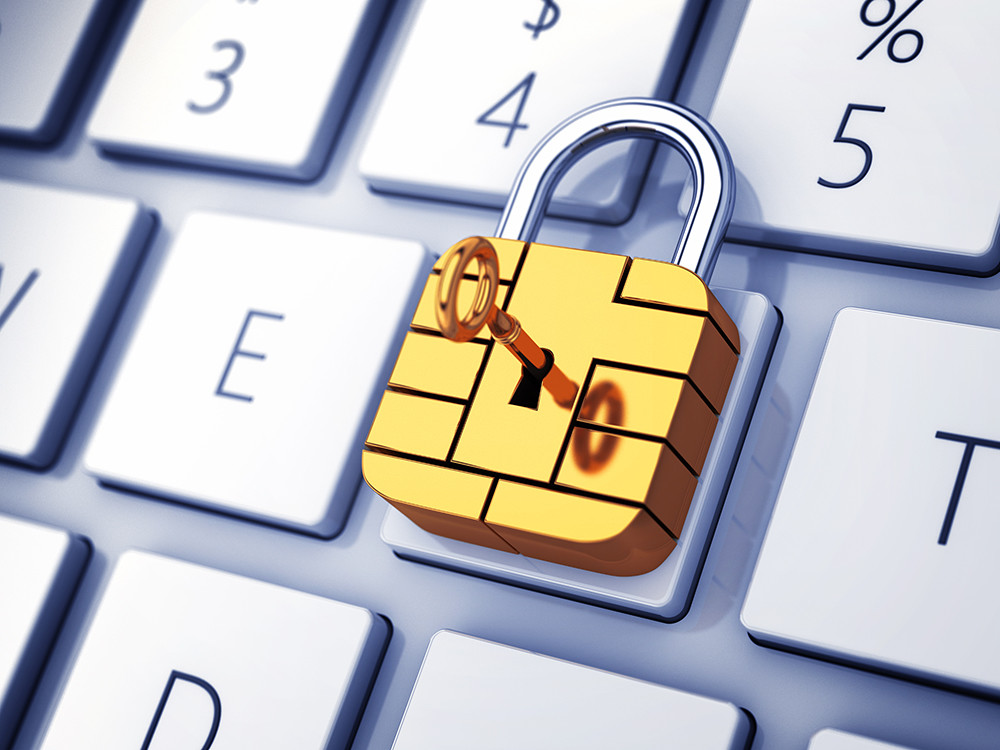
Cases of card blocking have become more frequent in Ukraine. But one of the most common reasons was not debt or fraud, but financial monitoring. It is noted that banks are obliged to monitor customer transactions to prevent legalization of shadow income and illegal business activities of individuals.
This was reported by the Ministry of Finance.
What is known about monitoring
According to the information, people most often say that such situations are related to PrivatBank. This trend was confirmed by official statistics on financial monitoring at the NBU based on the applications received from Ukrainians:
- 2021 – 288 appeals;
- 2022 – 181 appeals;
- 2023 – 413 appeals.
It is noted that this year, complaints have already been collected 1.4-2.3 times more than in previous periods, and a record will be set for the whole of 2023.
Why accounts are blocked and closed
Iryna Popova, Executive Director of Activitis Financial Company, named the three most common reasons for blocking:
- online fraud;
- theft from accounts;
- Debts under enforcement proceedings.
It is also noted that banks monitor a large number of customers with different characteristics and needs. First of all, large transactions are monitored (for an individual, this is UAH 400 thousand and above). Transactions involving such amounts are not only checked, but all data on them is immediately transferred to the State Financial Monitoring Service.
It also monitors the frequency of payments and the compliance of transactions with the account holder’s profile. If, for example, small money transfers from different people start arriving on the card, the bank may decide that the person is conducting illegal business activities.
Banks rarely monitor customers themselves. This process is automated, and everything is monitored by computer programs with appropriate settings in the algorithm. These are the programs that automatically block payments or accounts. After that, the person’s case may end up on the desk of a financial monitoring officer, and the latter may decide to close the account forcibly.
The Ministry of Finance, according to lawyers, names the main reasons for blocking and closing accounts:
- Inconsistency between the annual turnover on the account and the owner’s official income.
- Illegal entrepreneurial activity, when a person is officially registered as an individual entrepreneur, the bank serves him or her as an individual entrepreneur, but at the same time receives many payments to the individual’s personal account.
- When cash is frequently deposited to an individual’s account (via a terminal or cash desk), which is subsequently scattered across a group of individual accounts (this is how “gray” salaries are paid).
- Inconsistency of the financial transaction (its amount, regularity) with the client’s risk profile (official income, history of previous transactions, professional activities, etc.).
- Failure to provide information/documents necessary for full verification of the client, the counterparty or the financial transaction itself.
- False information in the documents provided to the bank.
- The risky nature of the services/activities of the client for which payment is made.
- When a person has relations or ties with Russia, the Republic of Belarus, and other countries such as Iraq and North Korea.
- A large number of money transfers, especially if they are immediately cashed.
- When the account holder is registered at the address of mass business registration.
- Lack of confirmation of the origin of funds.
The lawyers noted that in 2023, bankers began to punish people more often for illegal business activities, believed to be under pressure from tax authorities.
What to do after an account is blocked
Attorney Dmytro Lazebnyi of Ilyashev & Partners Law Firm advised the victims to take the following course of action:
- Analyze your financial transactions in relation to the above markers. Make inquiries about your friends and counterparties to whom you have sent/received money – for potential problems.
- Try to accompany your financial transactions with appropriate documents and plan a line of defense.
- Try to find out from the bank why the account was blocked/closed, understand which transaction was recognized as suspicious, and immediately provide the documents and explanations requested by the bank.
- Just in case, find an alternative bank and open an account there so that you can transfer the unblocked funds.
“If you demonstrate maximum openness in your relations with the bank and provide the necessary documents, your account will most likely be unblocked. At the same time, your transaction should not be obviously criminal or obviously illegal. Otherwise, no, the account will be blocked,” explained Lazebnyi.

